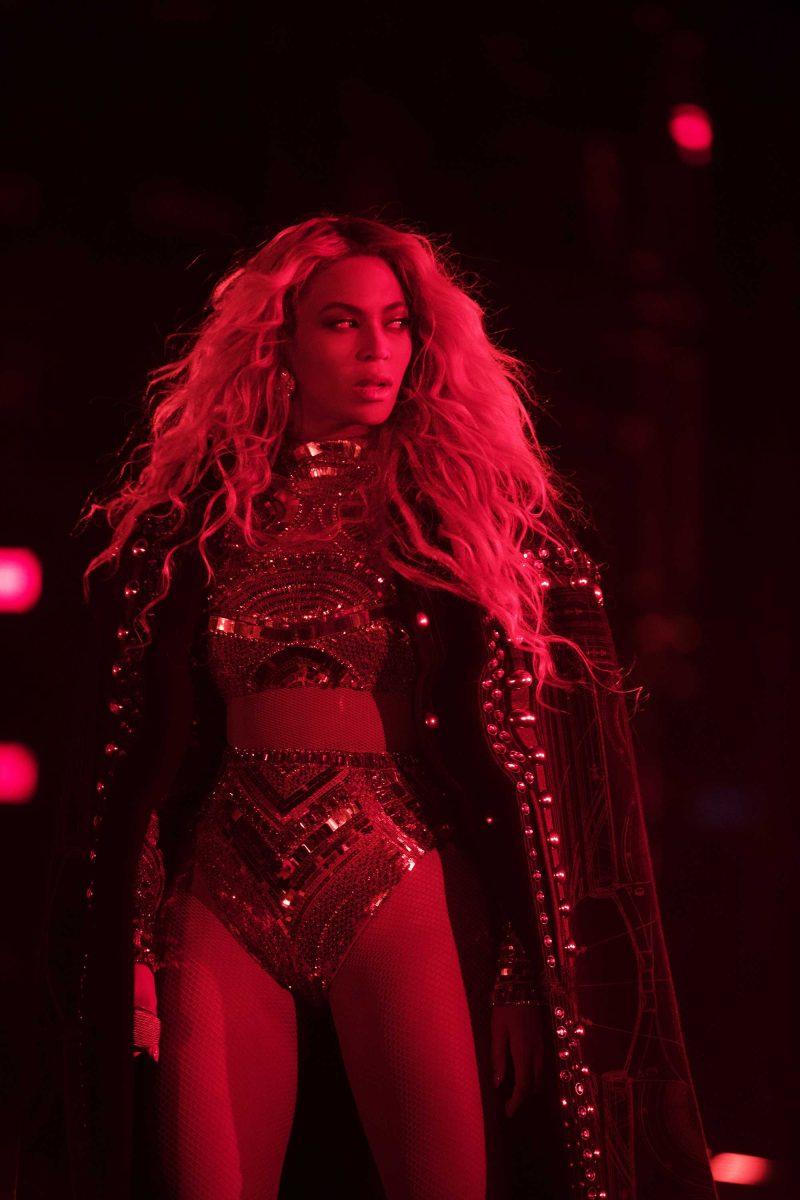Beyoncé’s Formation World Tour came to a close Oct. 7 in New Jersey. Since its premiere at the 2016 Super Bowl halftime show, “Formation” — the tour’s namesake anthem — remains a hot cultural topic months later.
Many University students have mixed views on Beyoncé’s expressions of black pride.
Many have praised Beyoncé, a supporter of the Black Lives Matter movement, for showing pride in her race. Others have also accused her of capitalizing off current racial conflict and using issues like police brutality to further her own agenda.
She received both backlash and praise for her use of Louisiana culture and references to Hurricane Katrina in her “Formation” music video and “Lemonade” visual album.
Microbiology sophomore Tochukwu Ndu Agwu believes the song came at an opportune time as the Black Lives Matter movement reached the forefront of national news.
“I believe that although she might support the BLM movement, she is more inclined to capitalize off it for her personal gain,” Agwu said.
Agwu said releasing this song during the height of the Black Lives Matter movement attracted Beyoncé’s black supporters and fans, generating more capital for her.
But money and popularity aren’t the only reasons behind the singer’s recent change in music, Agwu said.
“I also think it’s something she’s always wanted to do, but never had creative freedom to do so,” Agwu said.
While Agwu believes the singer does support the movement and embrace her blackness, Agwu said Beyoncé also saw a way to make money off of something she truly cares about.
“We are seeing an artist be able to embrace her identity and produce art and music about the messages she identifies with and the things she cares about,” said public administration graduate student John Lewis, who recently attended Beyoncé’s New Orleans concert with his girlfriend.
Lewis said he believes the singer has always supported “black causes” and that her blackness is a major part of her identity.
Beyoncé has always hinted at pro-black, anti-police brutality and Louisiana culture in her music throughout her solo career, he said.
In 2013, the singer released a video to the song, “Superpower,” from her surprise, self-titled album. The video depicted imagery eerily mirroring to the 2014 Ferguson riots.
Beyoncé also channeled singer Josephine Baker in her 2006 performance of the African-inspired song, “Déjà Vu” — similar to how she mimicked Michael Jackson in her 2016 Super Bowl halftime performance.
According to the 2016 Huffington Post article, “Beyoncé Has Always Been Political – You Just Didn’t Notice,” the singer’s “Formation,” was “perhaps the most straightforward expression of her blackness.”
The article cited her support for Barack Obama’s presidential campaigns, other music videos challenging the police — such as 2006’s “Ring the Alarm” — and how she and her husband Jay Z bailed Black Lives Matter protesters out of jail.
As for Louisiana and Hurricane Katrina, Agwu and Lewis agree Beyoncé was merely trying to draw attention to the tragedy.
Lewis pointed out that Beyoncé, along with her parents, sister and former Destiny’s Child member Kelly Rowland, created the Survivor Foundation in 2005 to assist flood victims during the hurricane.
“The difference between a lot of her work and the work done by some other celebrities, who have to point out every time they do something charitable, is that her doing this isn’t for image,” Lewis said.
Students discuss Beyoncé’s transformation to embracing black culture
October 11, 2016
NEW ORLEANS, LA – SEPTEMBER 24: Beyonce performs during the Formation World Tour at the Mercedes-Benz Superdome on Saturday, September 24, 2016, in New Orleans, Louisiana. (Photo by Daniela Vesco/Parkwood Entertainment)
More to Discover









